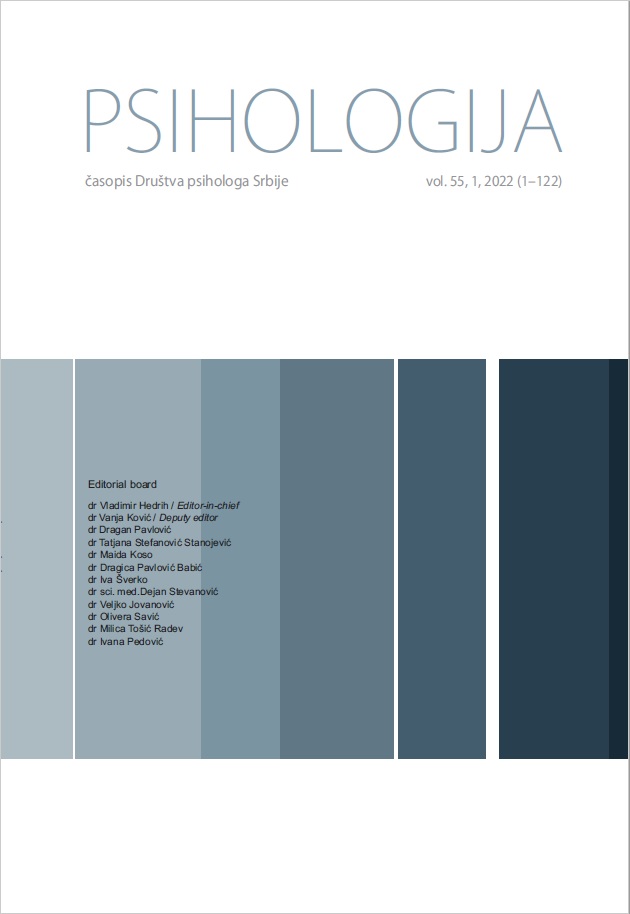The zone of actual and the zone of proximal development measured through preschool dynamic assessment as predictors of later school performance - a longitudinal study
The zone of actual and the zone of proximal development measured through preschool dynamic assessment as predictors of later school performance - a longitudinal study
Author(s): Slađana Luković, Bojana Marinković, Marija Zotović KostićSubject(s): Preschool education, School education, Educational Psychology, Cognitive Psychology, Developmental Psychology
Published by: Društvo psihologa Srbije
Keywords: dynamic assessment;affective-cognitive approaches;zone of proximal development (ZPD);school performance;
Summary/Abstract: The goal of the study was to examine whether the zone of actual (ZAD) and the zone of proximal development (ZPD) in children, measured through preschool dynamic assessment, could be used as predictors of later school performance. A longitudinal study was conducted. The participants were 114 students from the “Stevan Čolović” primary school in Arilje (54 boys, and 60 girls), Serbia. The findings generally confirm that measures from preschool dynamic assessment can be used as predictors of later school performance. ZAD was shown to be a better predictor than ZPD. ZPD is an independent predictor only for performance in language and mathematics tests in a final trial test. Affective-motivational scaffolding is a better predictor than cognitive scaffolding. These results are considered in the context of Vygotsky’s theory and also in that of dynamic assessment procedures. Theoretical and practical implications for future studies of affective-motivational and cognitive factors as predictors of school performance are being considered.
Journal: Psihologija
- Issue Year: 55/2022
- Issue No: 1
- Page Range: 89-105
- Page Count: 17
- Language: English

